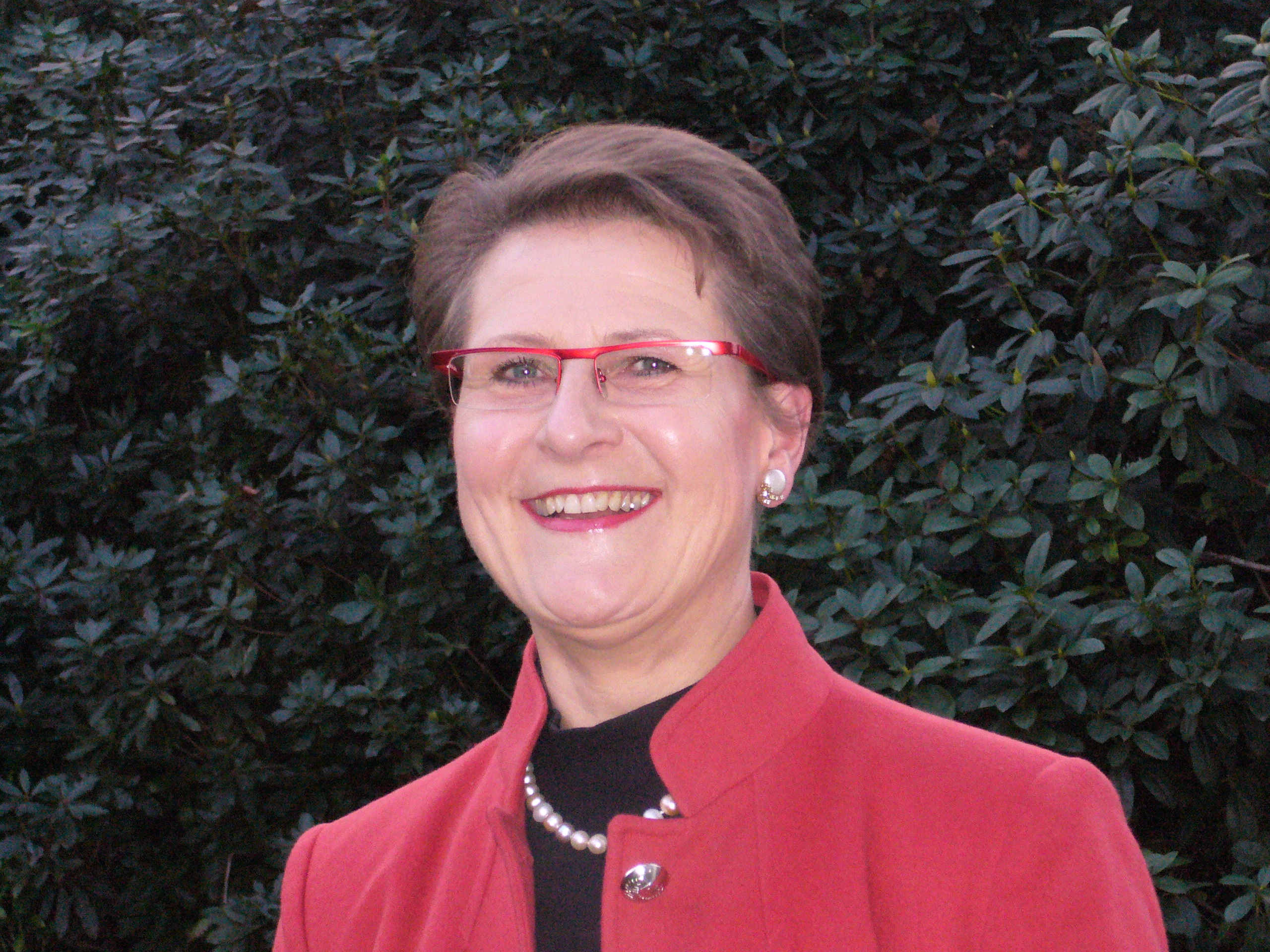Communicating clinical trial results to meet public needs (Guest blog)
The outcomes of clinical research quite regularly are only discussed within the scientific community and are seldom spread to the general public. With the release of the Clinical Trial Regulation 536/2014 in 2014, informing the public about clinical trial results will become mandatory in Europe once it actually enters into application towards the end of 2018. Lay language summaries intend to improve the transparency of clinical research in general and may help to return results of clinical trials to the individual patients concerned.
EFGCP and EFPIA have joined forces and in early May 2017 organised a workshop with stakeholders from patient and consumer health organisations, regulatory authorities, pharmaceutical industry and academia to discuss and develop best practices towards implementation of lay summaries. Specific guidance aimed at providing sponsors with recommendations and templates relating to meaningful lay summaries will be available in due course. On behalf of the EMA/EU Commission, a multi-stakeholder task force, led and coordinated by the UK Health Research Authority, drafted a European guideline on Summaries of Clinical Trial Results for Lay Persons.
The EFGCP and EFPIA workshop addressed important aspects of lay summary guidance that had been debated in detail by the HRA task force. These focused, for example, on: acceptable literacy levels (and specific tests to ensure easy readability); use of language (English mandatory plus languages of trial participants); reporting of adverse reactions (causal relationship to trial medication as judged by the investigator); reporting of outcomes (primary only to avoid “cherry-picking” among secondary); and inclusion of patients / patient organisation representatives in the lay summary writing process. The workshop audience discussed whether lay summaries generally should undergo an ethical review. Feasibility (e.g. time constraints, organisational process and funding) seems to preclude involvement of an ethics committee in the disclosure of a lay summary after trial completion and when patients are no longer on investigational treatment.
European-US alignment initiatives regarding lay summary concepts (e.g. initiated by TransCelerate) point out that they need to convey fair and balanced messages using strictly non-promotional language. Therapeutic changes must not be based on the results of a single trial presented in a lay summary and, accordingly, references to the approval status of a compound should not be made.
The guidelines available currently are a starting point for the implementation process that lies ahead of sponsors and authorities. The entire process needs to be oriented towards the target audience and patient organisations need to be involved strongly. User-acceptability testing, although not conducted by default for each lay summary, may help to avoid “data dumps”, to find creative and effective solutions, and to overcome current challenges. As a next step, following the release of the guidance documents, a multi-stakeholder task force should establish a road-map on best practices for the implementation of lay summaries. Both EFGCP and EFPIA stand firmly behind this development and are ready to work with stakeholders to make lay summaries meaningful, in order to meet the needs of the public and enhance the understanding of clinical research in general.


